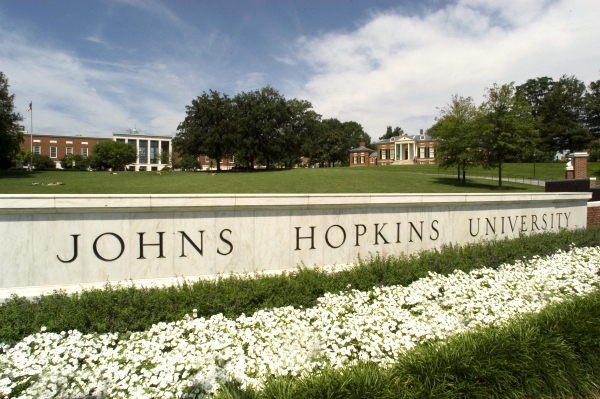When it comes to top-tier higher education and groundbreaking research, Johns Hopkins University (JHU) is a name that stands out globally. Established in 1876 in Baltimore, Maryland, it was the first research university in the United States, founded on the principle that education should be grounded in discovery and the advancement of knowledge.

Johns Hopkins University: A Legacy of Excellence in Research and Education
Named after philanthropist Johns Hopkins, the university was founded with a $7 million bequest—an unprecedented donation at the time. Hopkins believed in the power of research and education to transform society, and his vision laid the groundwork for one of the most influential institutions in the world.
From the very beginning, Johns Hopkins emphasized a hands-on approach to learning. Its model inspired the structure of modern American universities, blending teaching with advanced research across various disciplines.
World-Renowned for Research
JHU is perhaps best known for its commitment to research. It has led all U.S. universities in research and development spending for over four decades. The university operates numerous research facilities, including the Applied Physics Laboratory (APL), one of the largest research centers affiliated with a university in the country.
Fields like medicine, public health, engineering, international studies, and biomedical engineering are among its strongest. Notably, the Johns Hopkins School of Medicine and Bloomberg School of Public Health are considered among the best in the world.
Prestigious Academic Programs
Johns Hopkins offers a wide array of undergraduate, graduate, and doctoral programs across nine academic divisions. These include:
- Krieger School of Arts and Sciences
- Whiting School of Engineering
- School of Medicine
- School of Nursing
- Peabody Institute (Music Conservatory)
- School of Education
- Carey Business School
- School of Advanced International Studies (SAIS)
- Bloomberg School of Public Health
Each of these schools provides rigorous academic training with a strong emphasis on research, critical thinking, and innovation.
A Global Impact
Johns Hopkins has a far-reaching impact on both a national and global scale. Its COVID-19 Dashboard became a vital tool for tracking the pandemic in real time, demonstrating its commitment to public service and global health.
Alumni and faculty have won Nobel Prizes, contributed to space exploration, led government agencies, and revolutionized medical treatments. The university fosters a culture where curiosity and discovery are not just encouraged—they’re expected.
Campus Life and Student Experience
JHU’s main campus, known as Homewood, offers a picturesque and stimulating environment for students. Despite its reputation as a research powerhouse, the university promotes a well-rounded student experience, featuring over 400 student organizations, NCAA Division III athletics, and various cultural and artistic programs.
Students at Johns Hopkins enjoy a diverse and collaborative environment where they are challenged to think independently and contribute meaningfully to their fields.
Final Thoughts
Johns Hopkins University remains a symbol of academic excellence, research innovation, and societal impact. Whether you’re aspiring to be a scientist, doctor, engineer, musician, or diplomat, JHU provides the tools, resources, and inspiration to help you reach your full potential.
If you’re looking for an institution that blends tradition with innovation and values knowledge as a means to improve the world, Johns Hopkins University is a name worth knowing—and remembering.
